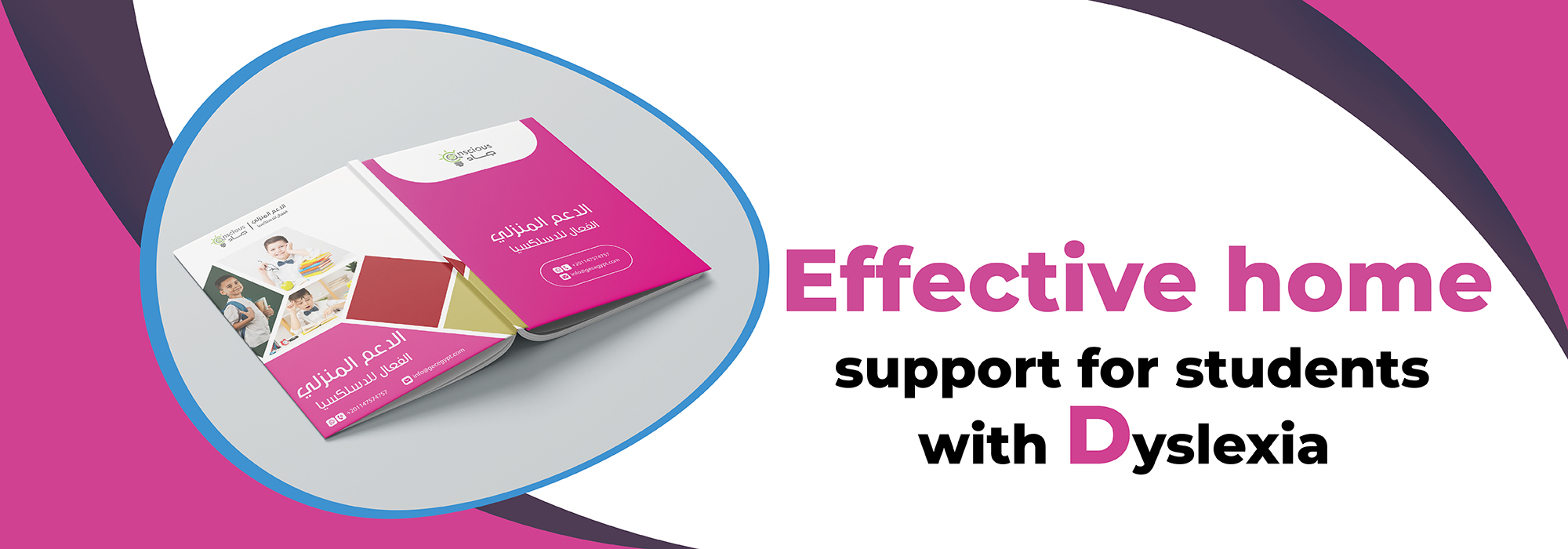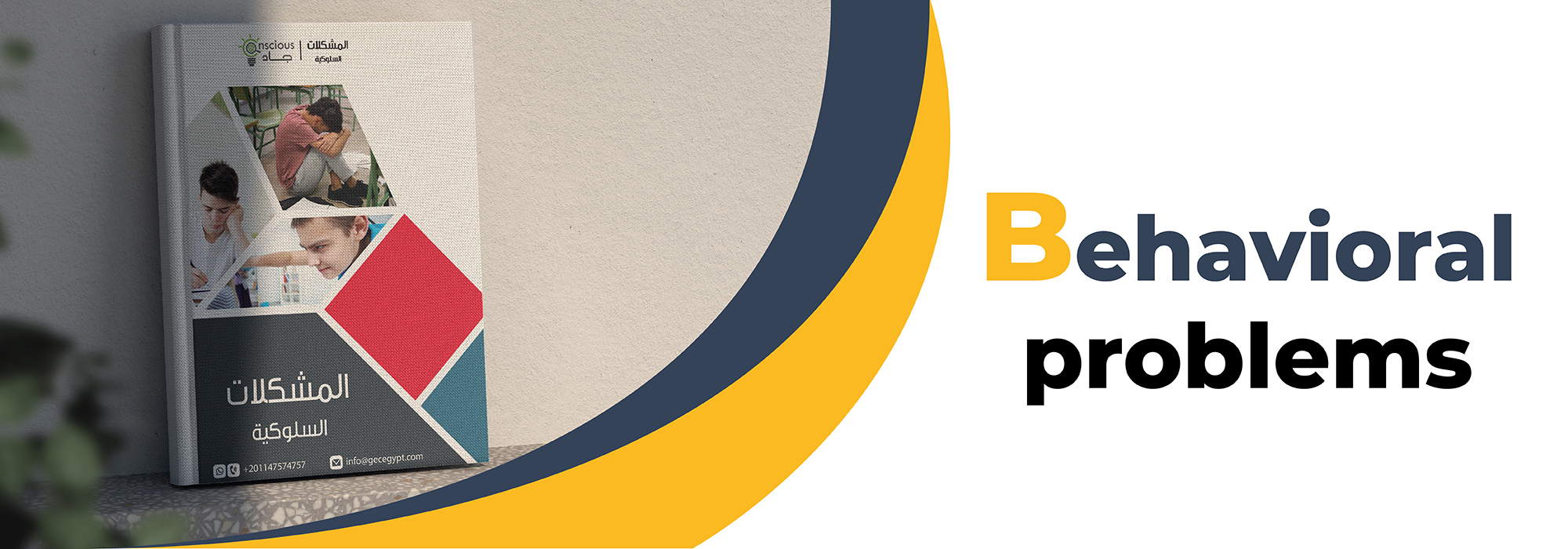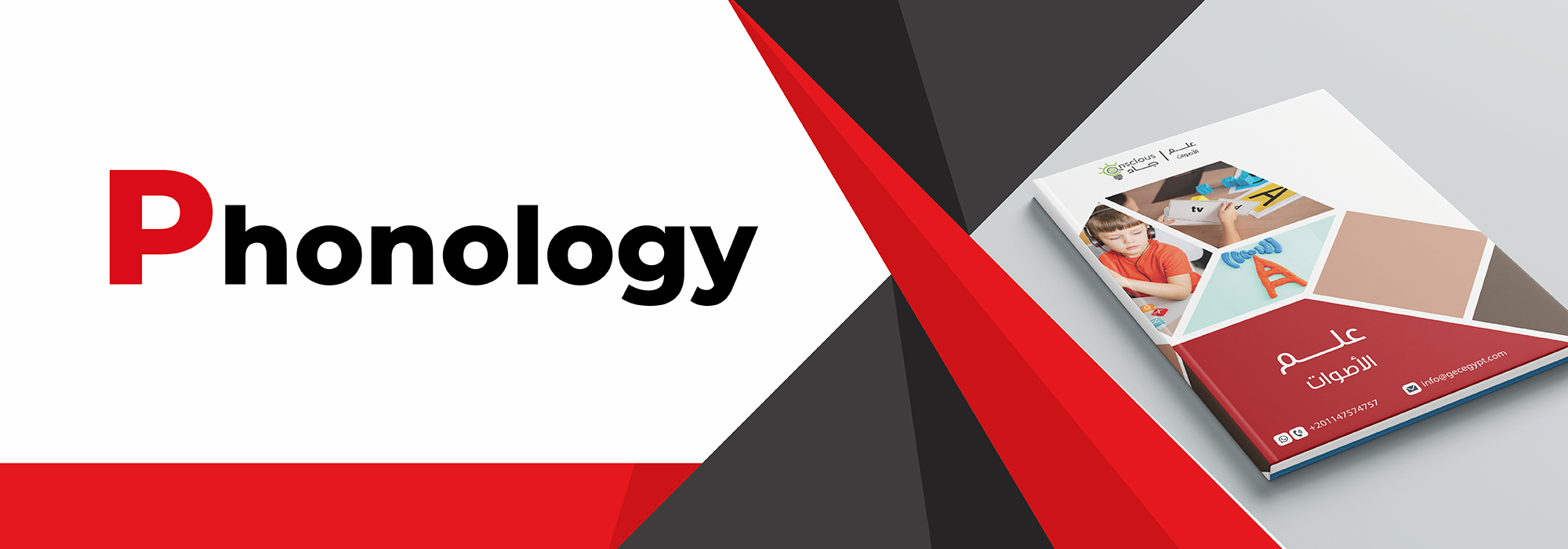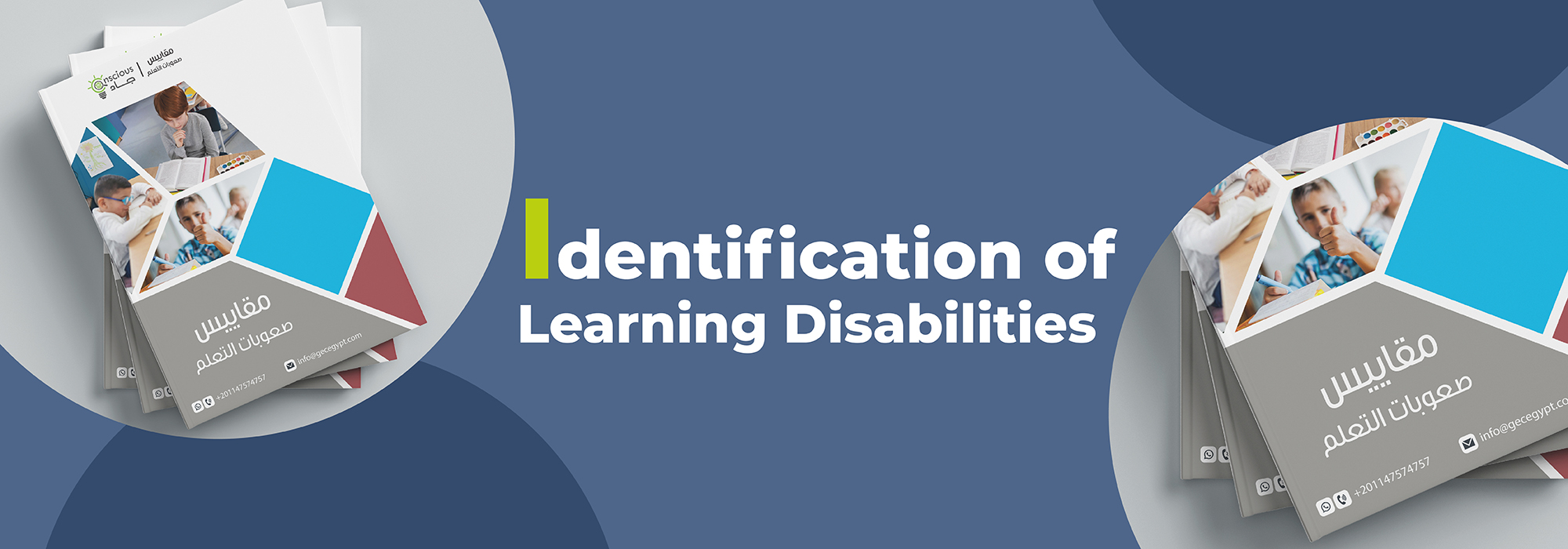



Many parents find it difficult to deal with their children who have learning difficulties, especially dyslexia. Therefore, we provide parents here with some scientific and practical information to help their dyslexic children at home. It is noteworthy that many parents do not talk to their dyslexic children about their condition and hide it from them and from everyone else. Every child who struggles with reading will experience ups and downs in their school experiences. Therefore, every child needs to know - at an early age - that they can count on unconditional support from their parents. When talking to your child about dyslexia, there are several specific steps you can take to build their self-esteem.
First: Let them know the nature of the difficulties they face in reading. Children often feel relieved when they know there is a name to explain why they are struggling with this reading difficulty.
Second: Give them facts about dyslexia and be positive when talking or working with your child. Make sure to tell your child that they will learn to read, and that there are skilled teachers, technology, and modern teaching methods that will help them access learning. Parents should know that the negative effects of dyslexia have been overcome by many people over the years and adapted to it. What is meant by overcoming it here is overcoming its negative effects, which are the obstacles that dyslexia can pose for people with reading difficulties who do not receive the appropriate support, assistance, and therapeutic intervention that can enable them to overcome their problems in reading, writing, and spelling, all of which negatively affect their academic and academic progress. However, with proper care and appropriate support, children grow and change and have many helping hands. This is the perspective you can keep in mind when talking to your children. It is also important to help your child early on in terms of accurate and scientific diagnosis by experts in this field; so that your child feels that he is surrounded by his parents with care, attention and direct support so that your child feels victorious, develops his self-confidence. And have positive experiences.
This course is designed to assist parents on how to get trained to help their children with dyslexia at home. The course is 2 hours long and contains 12 lectures. The course also offers plenty of useful resources for parents.
The Genius Reader 1 Programme is a specialized therapeutic educational intervention program to teach reading skills at the word level in the Arabic language, starting from the first grade of kindergarten until the end of the second grade of primary school in most Arab countries (skills covering 4 years of study) for dyslexic students (dyslexia - that is, students with special learning difficulties). in reading).
The Lighthouse Centre offers specialized reading, writing, and spelling intervention support programmes in both English and Arabic for individuals with dyslexia and related language disorders.
It also offers cognitive brain training programmes to improve memory, attention, and speed of processing. The intervention programmes are based on the principles of the well-established Orton-Gillingham approach and are evidence-based.
The programmes are particularly suited for individuals with dyslexia but can help everyone and are very useful for individuals with reading and writing challenges.
The Arabic Online Dyslexia Screener aims to screen for dyslexia through the online administration of 7 sub-tests. The screener provides a Dyslexia At Risk Indicator and a severity index. In case there is a risk of dyslexia, the screener will confirm it and estimates its severity. The screener is useful in providing quick and easy indicator for parents at home or educators at schools who can take quick decisions to monitor the performance of students at risk and intervene early when necessary.
The Arabic dyslexia online screener produces an instant report that can be saved and shared about the performance of the child in both Arabic and English and can therefore be utilized by schools in their admission process and in their progress monitoring efforts to follow up with those who need help and support in their Arabic reading.



